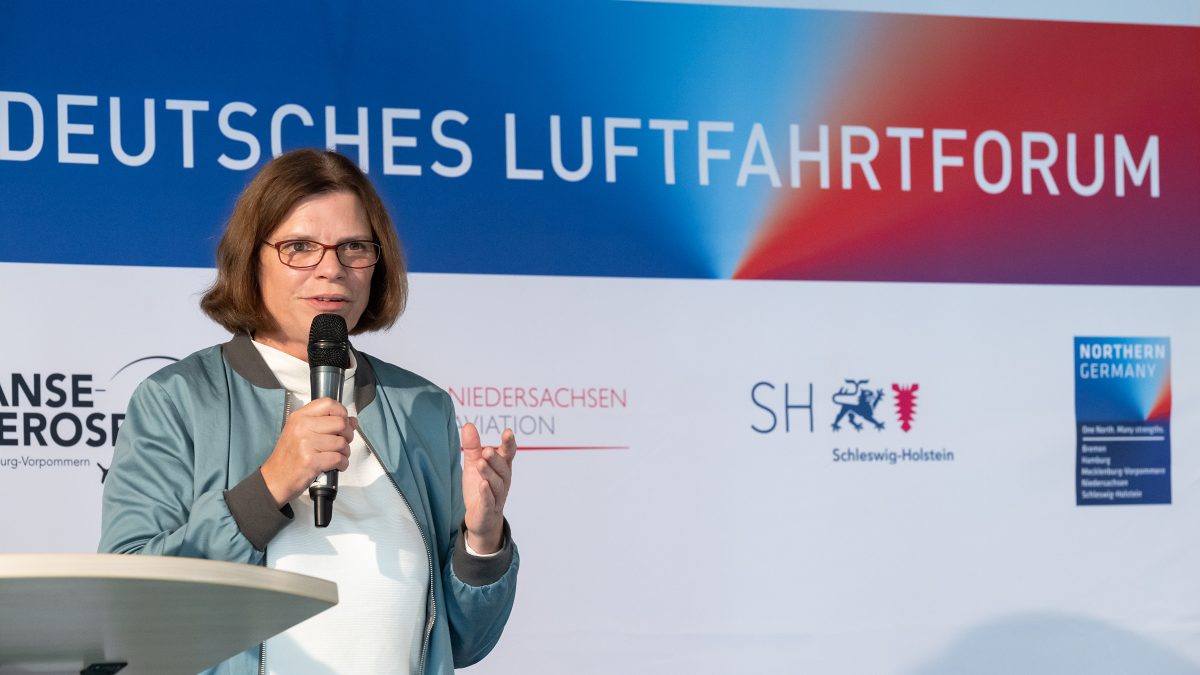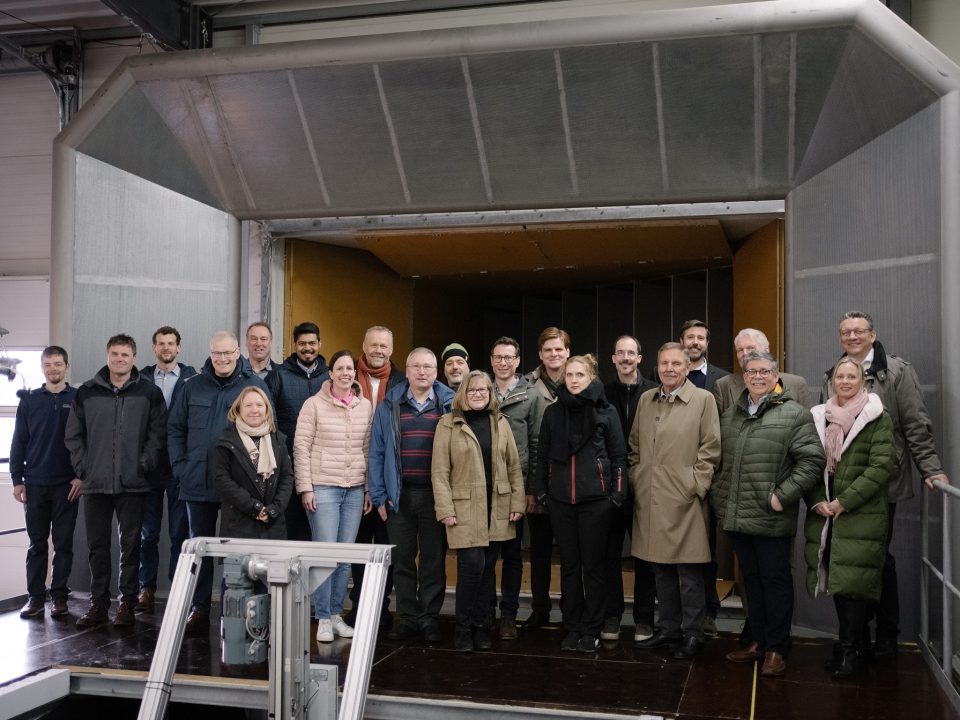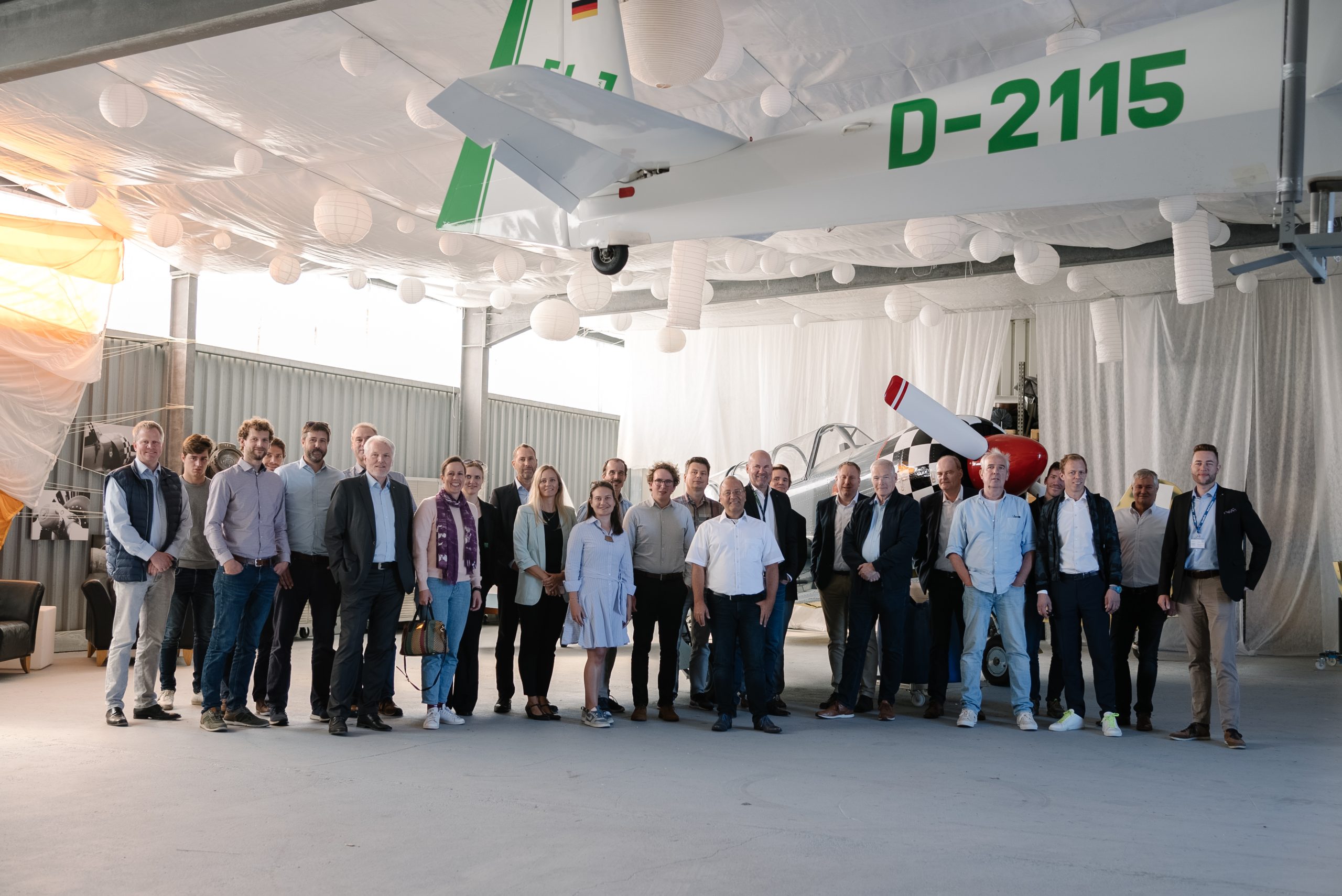
Bremen-based company b.r.m. develops Hatten-Oldenburg airfield for drone
05.10.2022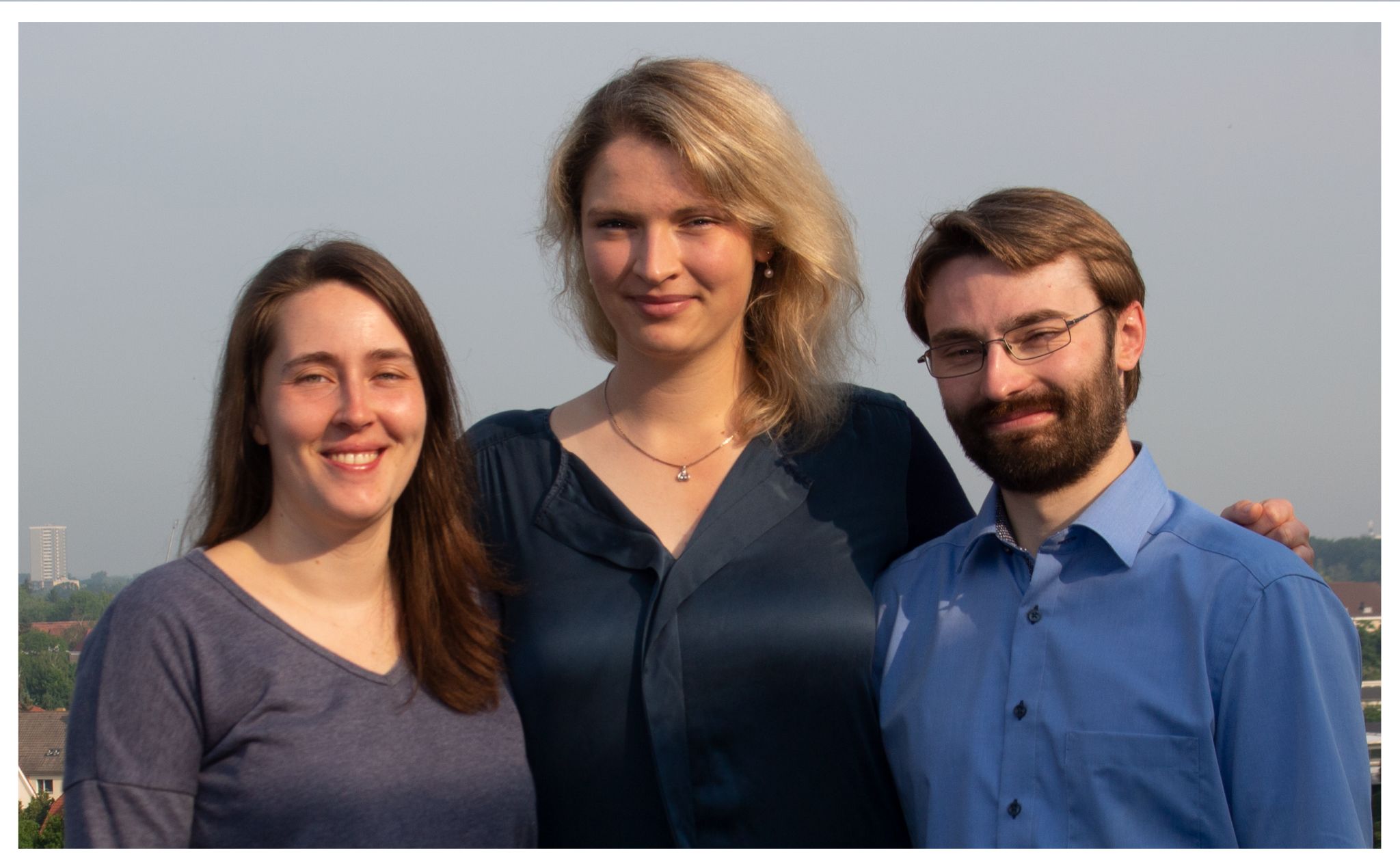
To Rosetta and beyond: How PhySens GmbH is revolutionising the world of magnetic field sensors
18.10.2022On Wednesday 6 October more than one hundred and twenty executives and professionals from the aviation industry met at ECOMAT (Center for Eco-efficient Materials & Technologies) for the 7th Northern German Aviation Forum in the airport city of Bremen. They discussed the current challenges facing the aviation industry, with a focus on supply chains and unmanned aerial vehicles (UAVs).
The aviation industry is facing significant challenges. Climate change is making a shift towards climate-neutral flying absolutely imperative while the Corona pandemic and energy crisis in the wake of the Ukraine war are putting a strain on the industry. “These factors have brought home to us the fragility of global supply chains. There will be a rethinking of global supply chains as a result. The location of suppliers and OEMs in the region coupled with the use of new technologies offer here enormous potential,” says Dr Jörn Burkert, Board Member at AVIASPACE BREMEN e.V.

7. Norddeutsches Luftfahrtforum
The 7th Northern German Aviation Forum was opened by Senator for Economics, Labour and Europe Kristina Vogt, who in her speech emphasised the aviation industry – alongside the automotive, wind energy and maritime industries – as a central innovation cluster in northern Germany.
The first part of the event dealt with supply chains in commercial aviation. The main question was how these can be made more resilient to crises. In the aviation industry, in addition to the large companies such as Airbus and Boeing, there are many small and medium-sized companies that have been particularly affected by the crises.
The second part of the event was dedicated to unmanned aerial systems and the legal regulation of airspace for unmanned aviation. At EU level, regulations for the lower airspace, the so-called U-space where unmanned air traffic operates, have already been adopted. In the future, drones will have their own traffic system by law – similar to the familiar air traffic control systems in manned aviation. However, Germany is still waiting for this roll-out. “And this is precisely what offers us scope for action,” said Senator Vogt.
The large number of participants shows that the topics of supply chain and unmanned aerial systems are important to industry in northern Germany, she said. “In both sectors opportunities and new markets for the aviation industry arise, and with the competencies available here, the aviation centres in northern Germany will play a significant role in shaping the future of aviation,” said Kristina Vogt.
In Bremen, the Bremen Aeronautics and Space Research Programme (Bremer Luft- und Raumfahrt-Forschungsprogramm) will expand from 2023 onwards with more than 10 million Euros from the European Regional Development Fund (ERDF) and under the leadership of the Bremen Ministry of Economic Affairs, Labour and Europe.
The 7th Northern German Aviation Forum was organised by the Bremen Aerospace Network AVIASPACE BREMEN with the Bremen Ministry for Economic Affairs, Labour and Europe together with the aviation clusters from the Northern German federal states Hamburg Aviation, Lower Saxony Aviation and Hanse Aerospace as well as the state of Schleswig-Holstein.
Pressekontakt:
Kristin Viezens, Pressesprecherin
Die Senatorin für Wirtschaft, Arbeit und Europa
Zweite Schlachtpforte 3, 28195 Bremen
Tel.: 0421 – 361 59090
Email: kristin.viezens@wae.bremen.de
Internet: www.wirtschaft.bremen.de www.bremen-innovativ.de
Luise Weber-Steinhaus, Marketingmanagerin
AVIASPACE BREMEN e.V.
Fahrenheitstraße 1
28359 Bremen
Mobil: +49 162 – 7901923
E-Mail: luise.weber-steinhaus@aviaspace-bremen.de
https://www.aviaspace-bremen.de/
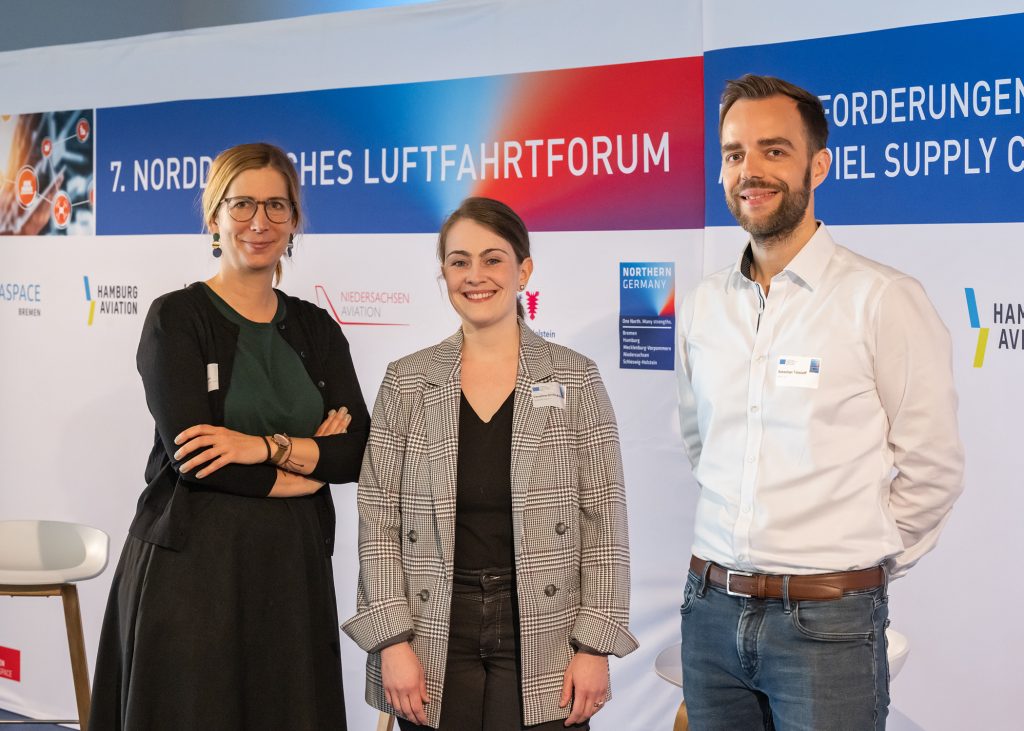
Judith Reuter (Behörde für Wirtschaft und Innovation Hamburg), Sebastian Törsleff (HHLA SKY), Christina Große-Möller (Hamburg Aviation) (© AVIASPACE BREMEN e.V.)
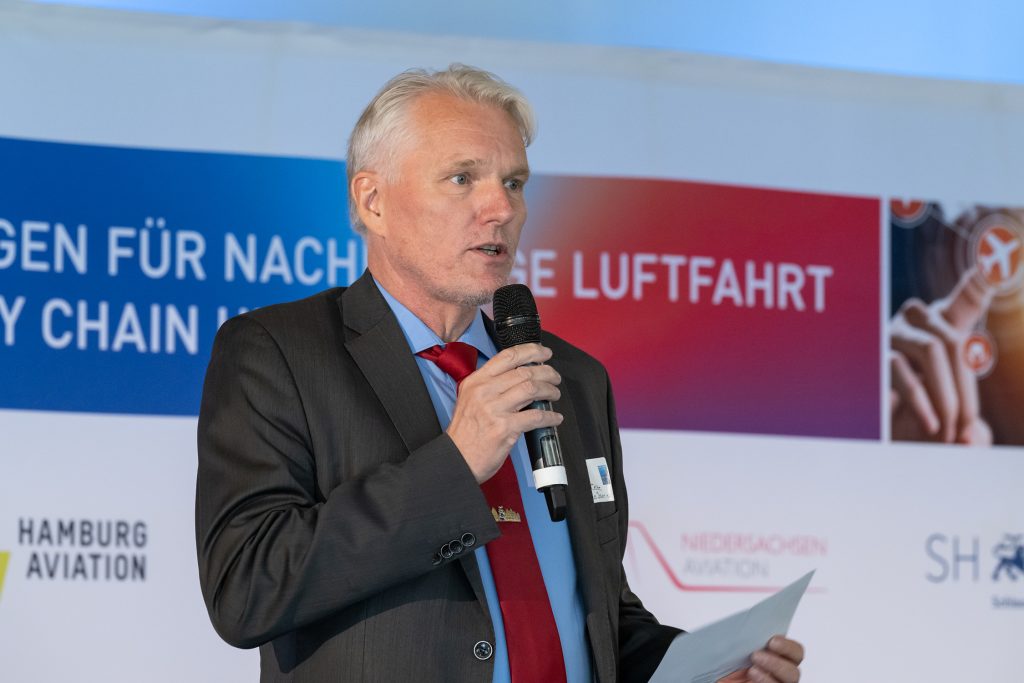
Holger W. Oelze, Vorstandsvorsitzender AVIASPACE BREMEN e.V.
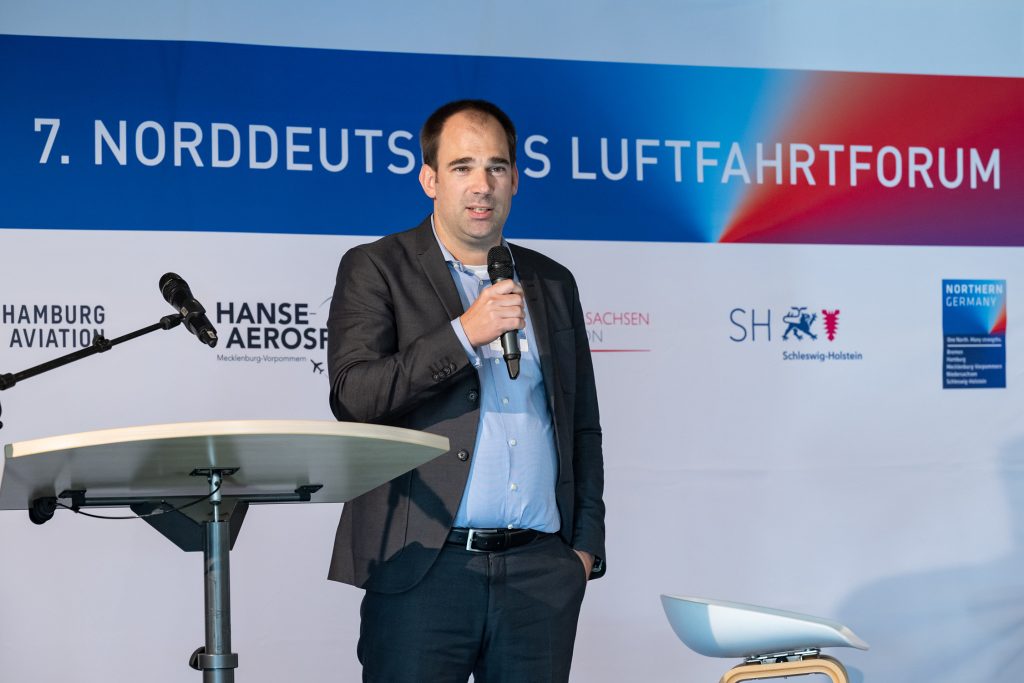
Heiko Kramer (Ingenics) © AVIASPACE BREMEN e.V.
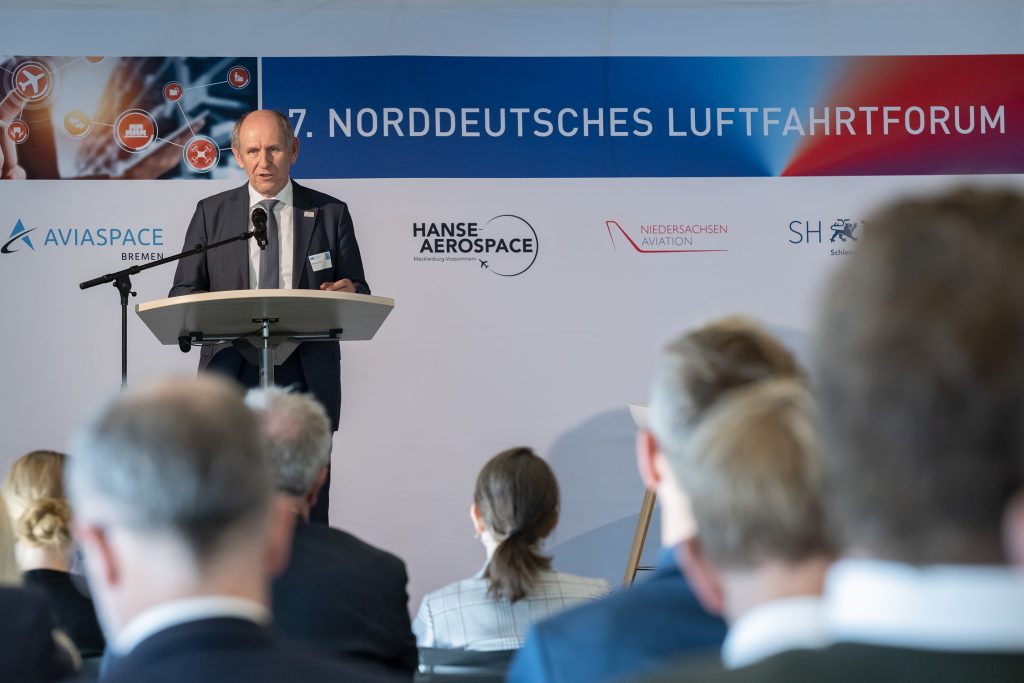
Keynote von Achim Friedel (VorstandsvorsitzenderUAV-Dach)– Thema UAV ⒸAVIASPACE BREMEN e.V.





